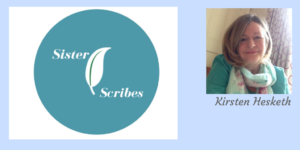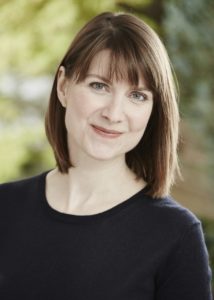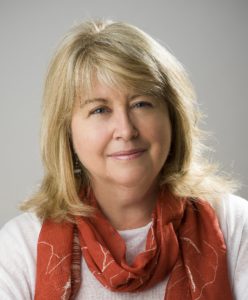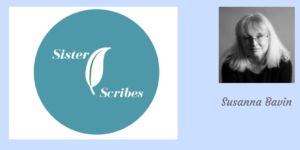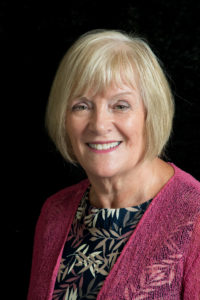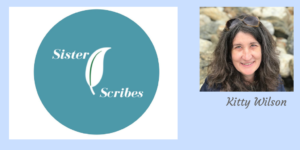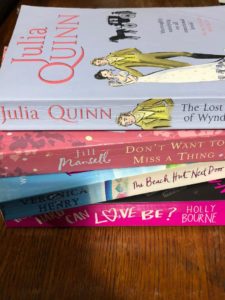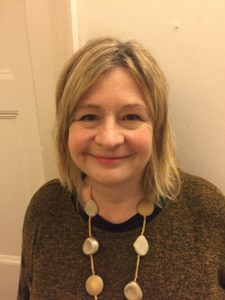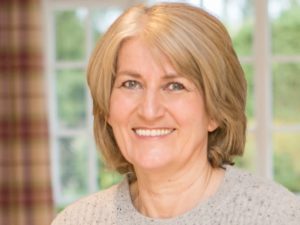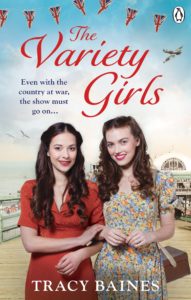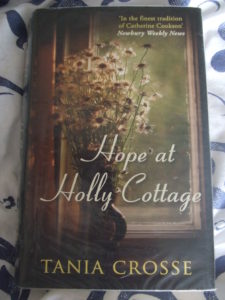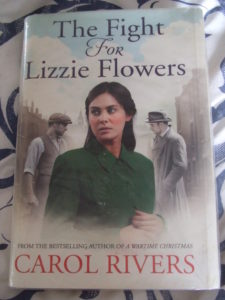Today I ask the questions of Chris Manby. Chris was the tutor on my very first retreat and we have since become good friends. Over to you, Chris.
- First off the blocks. Plotter or pantser?
Definitely a plotter! I used to be a pantser but a series of short deadlines meant I had to get a strategy. I use screenplay principles to work out what needs to happen when though of course I often stray from my plan
- How do you organise your work?
I’m a real geek. When I get my deadline, I work out a timetable with daily word count based on the average length of a novel. I make sure I allow myself weekends off (though rarely take them). Then I just get writing. I don’t stick to rigid hours but I do stick to daily word counts.
- What is the hardest part of writing?
Getting through the mid-section of a book without losing pace and enthusiasm. Plotting helps as it means I can write something from the end instead and often that will inform what needs to happen in the middle.
- And what is the most rewarding?
Most rewarding is returning to a manuscript after a week or so away from it and thinking “that’s actually not so bad”.
- How has your writing style developed over time?
I’m not sure my style has developed much at all! I still think the first short story I had published –when I was fourteen – is one of the most elegant things I’ve ever written. But I do now avoid swearing in my books. American readers in particular don’t like it.
- What do you see as the greatest success of your writing career?
In the noughties, I had a few top ten bestsellers. That was wonderful. But what felt like real success was when my sister said she loved one of my novels! It was The Worst Case Scenario Cookery Club.
- And what was the deepest disappointment?
Any book that doesn’t sell is a disappointment but after twenty years I’m learning not to equate sales figures with a book’s intrinsic merits. I know my best-selling books are far from my best work!
- Talk us through how you develop your characters.
In the same way we get to know a new friend. The more time you spend with them, the better you know their quirks, their hopes and their dreams. Sometimes characters surprise me.
- Sister Scribes is all about women writers supporting each other. Do you have a ‘go to’ bunch of fellow female writers you value and rely on?
I met a wonderful bunch of women in 2000 when, together with Fiona Walker and Jessica Adams, I edited an anthology called Girls’ Night In for War Child. Lucy Dillon and Alexandra Potter are two great friends from those days. They’re always up for a glass of fizz and a chinwag. More recently, through the Place To Write I’ve made some fantastic new friends, who are always ready with a word of encouragement. I don’t often show writer friends my work in progress though. I’m easily discouraged by faint praise. Better not to risk it.
- Can you tell us anything about your next project(s)
I’ve just finished a ghost-writing project and now have three months to write a novel. Fortunately, it’s already planned to the “nth” degree. It’s called “What the Heart Sees” and the hero is… well, he’s small, dark and very, very hairy.

